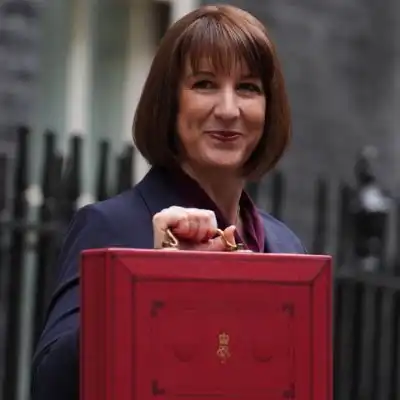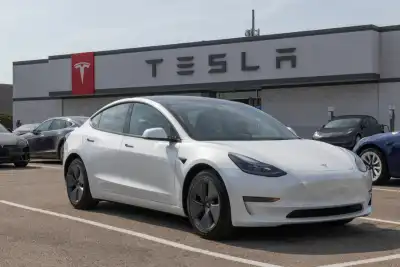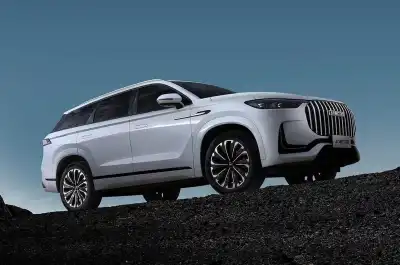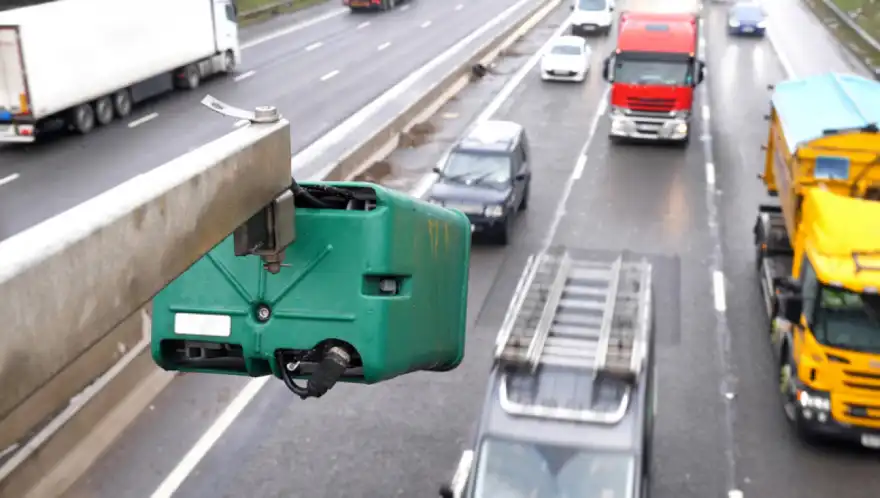
Do you know why the speed limit is still 70mph on motorways? Apparently, it’s down to environmental concerns. That’s at least what was stated in 2011 when the speed limit was last reviewed.
So it’s not an increase in deaths or accidents, but the amount of pollution that’s kept the limit at 70mph for the last eight years. In 2018 when the issue was raised again Highways, England said that ‘public opinion’ was preventing the 10mph increase.
Personally, I always thought it was down to the crash barriers. Allegedly they are only tested to deflect a vehicle at speeds of up to 70mph, not over. This fundamental safety constraint has always been the official line sited when it comes to increasing motorway speeds.
All UK safety barriers are tested to a European Standard EN1317. This dictates that the barrier should deflect a vehicle hitting it at 20 degrees while travelling at 70mph.
But now, according to the Secretary for Transport, Grant Shapps electric vehicles are crucial to getting us travelling faster on UK motorways, not barrier design or safety.

As more and more electric vehicles hit our roads, the overall CO2 output of our four-wheeled travels will slowly lower. Therefore, the increase in pollution by driving that bit faster should be offset, in theory, by the people who have so far gone green and switched to electric.
An independent report in 2011, when the raising of limits was last suggested, came to the conclusion that allowing us all to drive at just 10mph more would create an extra 2.2 million tons of CO2 yearly. This would have undermined the countries emissions targets so the idea was shelved.
It’s an interesting thought, and I’m sure the logic is there, but currently, pure battery vehicles sold this year amount to just 1% of the market. In total there are around 230,000 plug-in vehicles in the UK, that number includes, and is mostly made up of hybrids, so not even full electric models.
Compare that with the total figure of vehicles on our roads, which is 37.9 million, electrified vehicles make up just 0.6%.
I think we’re a long way off Mr Shapps lofty thoughts.
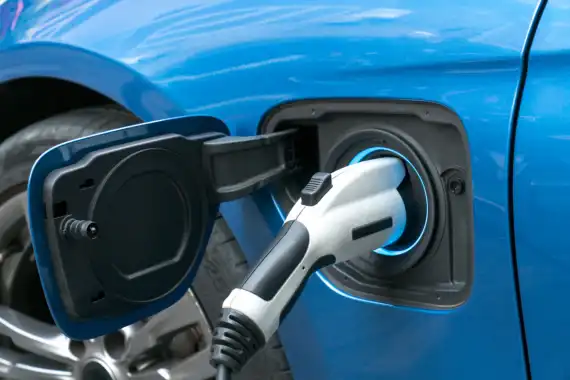
Although it’s welcome that a new limit of 80mph is to be considered, it should probably be done so based on other factors. Vehicle safety has increased exponentially since the 1965 70mph limit was introduced. Back then achieving 70 in any vehicle would have been quite a hair-raising experience in itself. These days you can sit well above that speed and not even notice.
Many of us travel above the 70mph speed limit on motorways anyway these days, even the Police will often turn a blind eye to what’s going on in the fast lane as long as things are sensible. Only with the advent of ‘smart motorways’ have people kept to a strict 70mph for the most part.
A report commissioned by the Department of Transport found the above to be accurate, with more than half of drivers freely admitting to breaking the 30 and 70mph speed limits.
Going faster may shave time off your journey, but it’s certainly not the most fuel-efficient way of driving. Sitting at 70mph uses 25% less fuel than at 80. Think about that next time you’re accelerating down the M1.
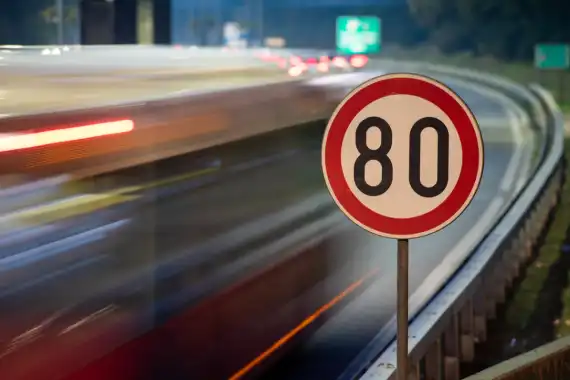
The most economical way to drive on the motorway is a steady 55-60mph, that puts you smack bang between all the lorries. Hence why many don’t do it. It also increases your journey time considerably.
Shapps also spoke about lowering speed limits in certain areas by 10mph, outside schools, for example. Road safety charity Brake has long advocated that urban and built-up areas should have a default 20mph limit. Which makes total sense in housing estates and areas where traffic volume is generally low, and speeds can’t reach beyond 30mph anyway.
Ready to switch to an electric vehicle?


